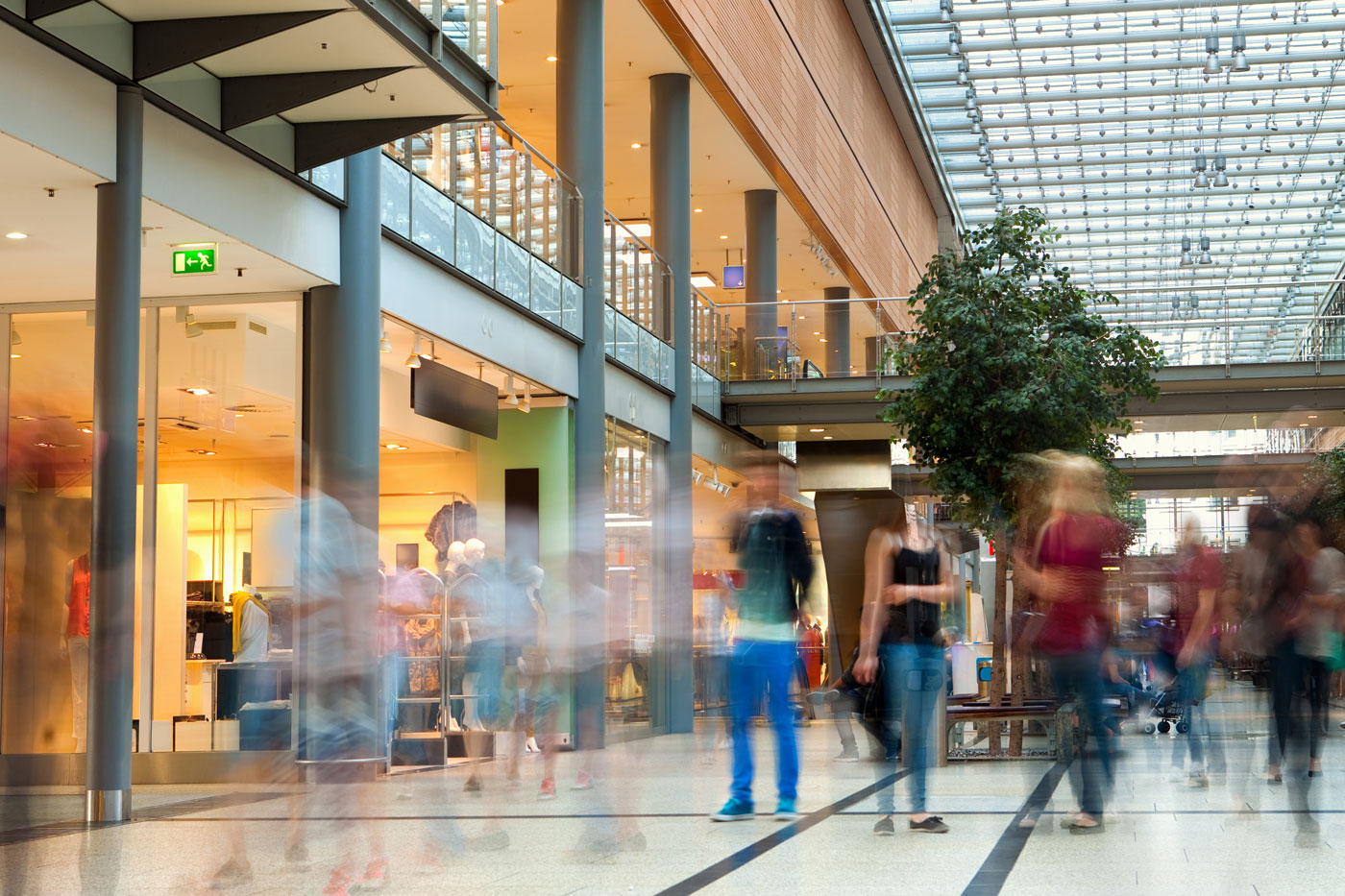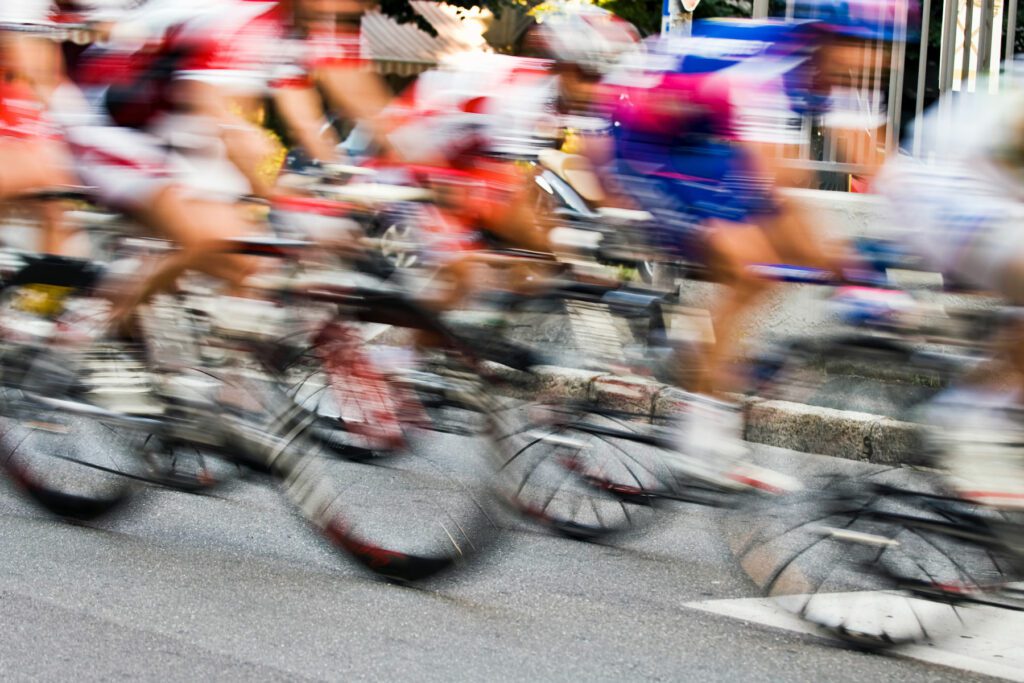The Olympics – every brand’s dream marketing opportunity.
With the world’s most popular sporting event just around the corner – capable of gripping over 3 billion people worldwide – it is no surprise that businesses big and small want a piece of the action.
The sales slogans practically write themselves; with artwork recognised globally, you could save yourself a fortune in promotional spend by associating yourselves with the Games.
However, before you showcase your business’s unwavering support for the Games by hanging up the Olympic rings in your shop window or plastering your favourite athlete on your social media page, you need to be aware of the legal implications that come with free-riding on the world’s biggest sporting spectacular.
Protection for the Olympic symbols
The IOC owns the exclusive rights to the Olympic symbol, flag, and a variety of other recognisable works associated with the Olympic and Paralympic Games, collectively called “Olympic properties”. These can be found in the Olympic Charter Guidelines1.
There are 206 National Olympic Committees (NOC) which work under the IOC and alongside International Sport Federations to “develop, promote and protect the Olympic Movement in their respective countries, in accordance with the Olympic Charter.”2
Each NOC must monitor the misuse of the Olympic properties that go against the IOC’s Rules and Byelaws and ensure compliance with any national legal protections and/or instruments to prosecute and/or bring civil claims against individuals depending on the severity of the breach.
Each country that bids to host the Games must enforce the Guidelines by creating or modifying existing laws in their country to facilitate the protection of the values of the Olympic Movement. This means that an Olympic Symbol on display in your shop window without permission from the IOC could lead to a lawsuit.
Ahead of the 2024 Summer Games in Paris, the French passed a new law (Law No. 2018-202 of 26 March 2018) to facilitate the management of the Olympic and Paralympic Games, many provisions of which have been modified from active laws including the provisions regarding advertising (governed by the environmental code) and the use of Olympic properties which are protected under French intellectual property laws.
UK Protection
In the UK the British Olympic Association (BOA) is responsible for ensuring compliance with the Olympic Guidelines. The introduction of the Olympic Symbol etc (Protection) Act 1995 incorporated the Rules set out by the IOC and what amounts to infringement.
Section 3 of the Act provides that a person can infringe the Olympics association rights by using a “representation of the Olympic symbol, the Olympic motto or a protected word” or using something similar that is “likely to create in the public mind an association with it” which is then used in the following ways:
- By affixing it to goods or the packaging,
- Incorporating it in a flag or banner,
- offers or exposes for sale, puts on the market or stocks for those purposes goods which bear it or whose packaging bears it,
- importing or exporting goods which bear it or whose packaging bears it,
- offers or supplies services under a sign which consists of or contains it, or
- uses it on business papers or in advertising (Section 3(2)).
The aim of each NOC’s legislation is to counter “ambush marketing”; a term used to describe advertisers who ‘gate-crash’ an event by using its exposure to promote their brand. The Olympics has had its fair share of ambush marketing which has caused commercial repercussions concerning lucrative sponsorship contracts.
Using without permission
The IOC produce guidance material to highlight the key principles for non-Olympic partners who sponsor an athlete but not the Games and want to advertise during the Olympic period. 3
Non- Olympic sponsors must only use an athlete’s image without any connection to the Games and the advertising must have been running for at least 90 days prior the Games period, running consistently and not ‘materially escalated’.
The key Dos and Don’ts have been summarised below:
| DON’T |
DO |
| Do not use any Olympic properties in advertising material including connection to the Summer Games, for example, “Paris here we come” |
Advertise ‘business as usual’ campaigns that show no connection to the Olympics. |
| Do not use any images in relation to Paris, for example, well known monuments or any of the Olympic Properties |
Do make a formal request to use Olympic properties via the IOC website |
| Do not post any encouraging posts that link your product to the Olympian |
Do congratulate an athlete after the 90-day game period |
| Do not re-post an athletes post that includes any Olympic properties |
|
If you have no connection with the Games or an athlete, the best advice is to steer clear of any temptation to piggy-back Paris this summer.
Conclusion:
The Paris organising committee will monitor use of the Olympic symbols globally. They will only take immediate action in the most serious of cases BUT they will pursue everyone after the games for damages. So, play by the rules and enjoy the games.





